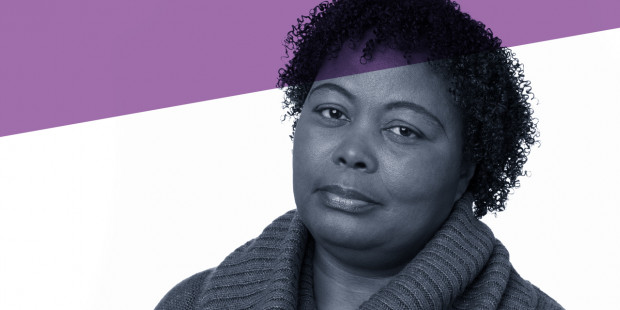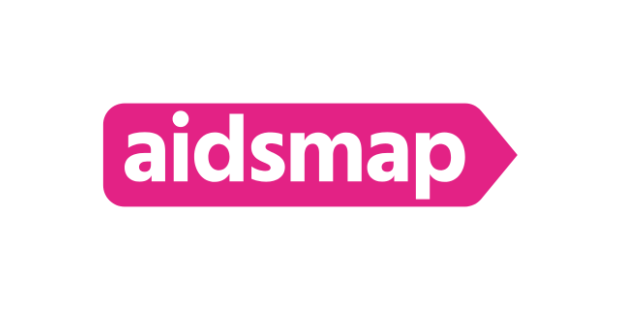Can HIV treatment cause hypertension?
Yes. Protease inhibitors can increase the levels of fats in your blood, which can contribute to high blood pressure. Your clinician will help you find out if your medication might contribute to hypertension and which lifestyle changes may help you reduce it.
What causes high blood pressure?
There is evidence that some people living with HIV are more likely to develop high blood pressure than people without HIV. This may be because of the effects HIV has on your body, or could also be because of the effects of some anti-HIV medications.
High blood pressure can also be caused by a poor diet with too much salt and not enough fruit and vegetables. It can also be caused by being overweight, not exercising enough, smoking, or drinking too much alcohol. It sometimes runs in families.
Lifestyle changes such as improving your diet, stopping smoking and exercising more can help reduce blood pressure.
How is high blood pressure defined?
An ideal blood pressure is between 90/60mmHg and 120/80mmHg.
If you have readings of 140/90mmHg or higher on more than one occasion, you have high blood pressure.
Your blood pressure needs to be high enough to move the blood around your body but not too high, otherwise your heart can become enlarged and your risk of heart attack or stroke increases. Your medical team will be able to monitor your blood pressure during your appointments.
How to interpret a blood pressure test
A blood pressure test measures the pressure of the blood as it is pumped through the arteries and around the body. Your blood pressure is highest when your heart contracts and pumps blood. It is lowest when it relaxes while it fills with blood before pumping again
Blood pressure is expressed using two numbers, one on top of the other, such as 120/80mmHg.
The first number (known as systolic pressure) refers to blood pressure when the heart beats, measured in millimetres of mercury.
The second number (known as diastolic pressure) indicates blood pressure when the heart relaxes after beating.







